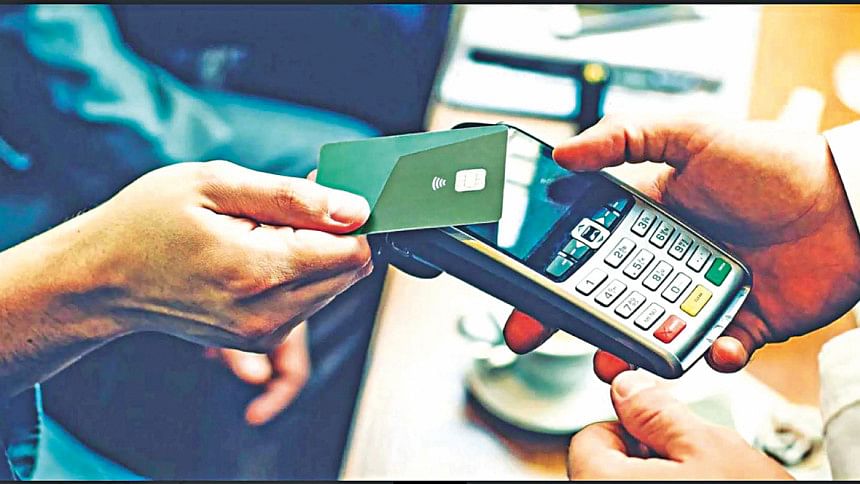Mobile Financial Services (MFS) regulation in Bangladesh

Mobile Financial Services (MFS) generally refers to electronic money services provided against a particular mobile or cell phone number of a client (termed as mobile account), where the record of funds is stored on the electronic general ledger. MFS and related Fintech companies are regulated by the Mobile Financial Services (MFS) Regulations of 2022 formulated by the Bangladesh Bank. In India, on the other hand, the industrial ordinances are relatively scattered, and are regulated and managed by a plethora of Reserve Bank of India (RBI) ordinances.
With several amendments over the years, the MFS Regulations have now come close to achieving the intended regulatory goals but have taken so much time owing mainly to Bangladesh's demographic constituency. More than 60% of Bangladesh's population, close to 100 million people, belongs to rural areas. Out of this, nearly 35 million people do not have a bank account and are not a part of Bangladesh's formal economy. This results in bad on-ground tech infrastructure, people having extremely low credit scores, and lack of general technological literacy.
On the other hand, Bangladesh's MFS industry lacks interoperability, meaning digital wallet users cannot transfer money to the wallets of other service providers. The country's localised approach features many in-house brands, creating a need for an interoperable system. Currently, only users with the same digital wallet can transact with each other, while bank-to-bank transactions are interoperable. Bangladesh needs a national payment switch to enable interoperability, as in India's Unified Payments Interface (UPI) transactions.
Furthermore, Bangladesh lacks infrastructure and data in the financial sector, making introducing fintech services to its skeptical rural population a huge challenge. A solution could be implementing a Regulatory Sandbox similar to the one released by the RBI in 2019, to test and deploy financial services safely and efficiently. The Sandbox enables regulators, innovators, financial service providers, and customers to evaluate the feasibility of their products, including financial advisory services, smart contracts, cybersecurity products, and AI and ML applications.
India's UPI has seen rapid growth due to the India Stack, a set of Application Programming Interfaces (APIs) that provide a digital infrastructure for presenceless, paperless, and cashless service delivery. The stack has four layers: Presenceless (digital identification system like Aadhar Card), Paperless (e-KYC), Cashless (UPI Payments), and Consent (privacy data sharing). Bangladesh lacks a widely accepted e-KYC (electronic Know Your Customer) system and a UPI, and its population is largely technologically challenged. A regulated Depth First Search (DFS) seems to be the way forward.
Bangladesh also lacks strong settlement regulations for digital money transfers, which leads to abundant financial fraud over tech platforms with no recourse for customers. The lack of a robust customer identification system makes it difficult for law enforcement agencies to apprehend criminals. Unlike India, there is no safety mechanism for customers to get recourse to such actions. Currently, the MFS providers cannot be held responsible if a sender transfers money to an incorrect number, and customers are responsible for any erroneous transactions.
It needs to be emphasised that MFS is a new phenomenon in Bangladesh. However, if we implement the proposed changes, we can eliminate most of the shortcomings.
The writers are Assistant Professor of Law, Jindal Global Law School, and Law Desk Intern, The Daily Star, respectively.


 For all latest news, follow The Daily Star's Google News channel.
For all latest news, follow The Daily Star's Google News channel. 



Comments